'Serious' leap in trade as Iran president plans to visit Turkmenistan
Iran's foreign minister says preparations are underway for President Ebrahim Raeisi's visit to Turkmenistan and that the two neighbors will witness a "serious jump" in trade in the coming weeks.
After Iraq, Iran has the longest border with Turkmenistan, a fact that leads to a geographical interdependence. Turkmenistan holds significant importance as the gateway for Iran to access the Central Asian market.
Upon Turkmenistan’s declaration of independence, the Islamic Republic of Iran promptly acknowledged and established an embassy in the capital city of Turkmenistan, underscoring the depth of their bilateral relationship.
Iran-Turkmenistan’s centuries-old relations provide the basis for a long-lasting and profitable collaboration between the two countries.
Hossein Amir-Abdollahian met top Turkmen officials in Ashgabat Thursday, including chairman of the People's Council of Turkmenistan Gurbanguly Berdimuhamedov, President Sardar Berdimohamedov and Foreign Minister Rashid Meredov.
"In these meetings, we exchanged views on the dimensions of bilateral relations and regional and international developments," the Iranian foreign minister said.
"We had forward and fruitful discussions on issues related to energy, transit, as well as water tensions in the region and the need for stronger cooperation between Tehran and Ashgabat in preserving the water resources available in the two countries."
Turkmenistan and Iran share a spectrum of collaborative efforts across various sectors. One prominent initiative involves the development of a railway corridor linking Kazakhstan, Turkmenistan, and Iran, substantially bolstering regional connectivity. This corridor not only facilitates trade but also plays a pivotal role in fostering stability and prosperity within the region.
Iran’s strategic geographical position, coupled with a revitalized Iranian diplomacy centered on neighboring countries, has paved the way for an expanded Iranian role in the Eurasian market and the development of transit corridors.
With a focus on fostering closer ties and partnerships, particularly within the Middle East and Central Asia, Iran seeks to enhance regional stability while asserting its geopolitical significance.
This approach aims to diversify Iran’s international relationships, tapping into the potential economic benefits and geopolitical support from Eastern powers, creating a more balanced and versatile foreign policy landscape.
Amir-Abdollahian said Iran and Turkmenistan have already been cooperating in the field of electricity and gas, which they will strengthen further.
Iran, Turkmenistan and Azerbaijan signed a gas swap deal in December 2021, under which the Islamic Republic would receive up to two billion cubic meters of gas from Turkmenistan a year and deliver an equivalent amount to Azerbaijan at the Astara border.
Geopolitically, Iran’s gas transit cooperation with Turkmenistan presents a strategic avenue that extends beyond bilateral relations, drawing in multiple regional players to shape energy dynamics within the Caspian region and towards Turkey.
Through the 2021 deal, Iran has not only been able to provide sustainable fuel to its northern provinces at lower costs than shipping gas from its far-fetched south, it has also found a window for cooperation on the Lapis Lazuli corridor, an international transit route that opened in 2018 linking Afghanistan to Turkey via Turkmenistan, Azerbaijan and Georgia.
More importantly, the gas swap agreement is part of a grand strategic plan to dismantle the US strategy against Iran in the regional gas market. It has changed the regional gas market equations and allayed the threat of the Trans-Caspian and TAPI pipelines to the Iranian gas market.
The Trans-Caspian Gas Pipeline is planned to transport Turkmen and Kazakh gas to the European Union through Azerbaijan. The TAPI pipeline aims to transport gas along a 1,800 km route from Turkmenistan to India via Afghanistan and Pakistan.
Both projects and other schemes have been connived with the US idea of bypassing the most viable Iranian routes.
Some Iranian energy experts have suggested that the most ideal option for Iran is to buy all of Turkmenistan’s gas and export it to other countries, given its privileged geopolitical position.
Hence, the energy transportation agreement not only reinforces bilateral ties but also serves to enhance Tehran’s role as a crucial and strategic regional node in the energy landscape.
Amir-Abdollahian also touched on consultations held regarding the issue of water rights of Turkmenistan from Friendship Dam on their joint border, which is affected by the upstream programs of Afghanistan.
He said a joint committee will work to ensure that upstream programs do not affect the water rights of Iran and Turkmenistan.
The Iran–Turkmenistan Friendship Dam is a water reservoir built on the Hariroud River, which forms part of the international boundary between the two neighbors.
The dam was completed in 2004, and both countries agreed that each would have an equal right to the waters of the river. The dam provides drinking water and irrigation for the surrounding areas.
Hariroud flows into Iran from Herat in Afghanistan, before turning north and disappearing in Turkmenistan’s Karakum desert.
The river is prone to severe seasonal droughts with dire consequences. The last time the 1,000-km river completely dried up, in 2000, the second-largest Iranian city of Mashhad suffered severe water shortages.
The Salma Dam, an India-sponsored project on the Hariroud which began operating in 2015, has reduced the annual water flow to Iran by 71%, according to a 2014 study commissioned by the United Nations Environment Program.
Afghanistan is home to five river basins that also sustain large populations in Iran, Pakistan and Central Asia, but the country lacks water-sharing agreements with its neighbors.
The sole exception is a 1973 agreement over the Helmand river, which flows westwards from Afghanistan into Sistan and Baluchestan in Iran.
Iran has already complained that Afghanistan's Taliban authorities do not comply with the water-sharing treaty which is an internationally binding accord.
Apart from water, Afghanistan is a further field of security cooperation between Ashgabat and Tehran, both over terrorism and drug production and smuggling.
Iran-Turkmenistan’s centuries-old relations provide the basis for a long-lasting and profitable collaboration between the two countries.
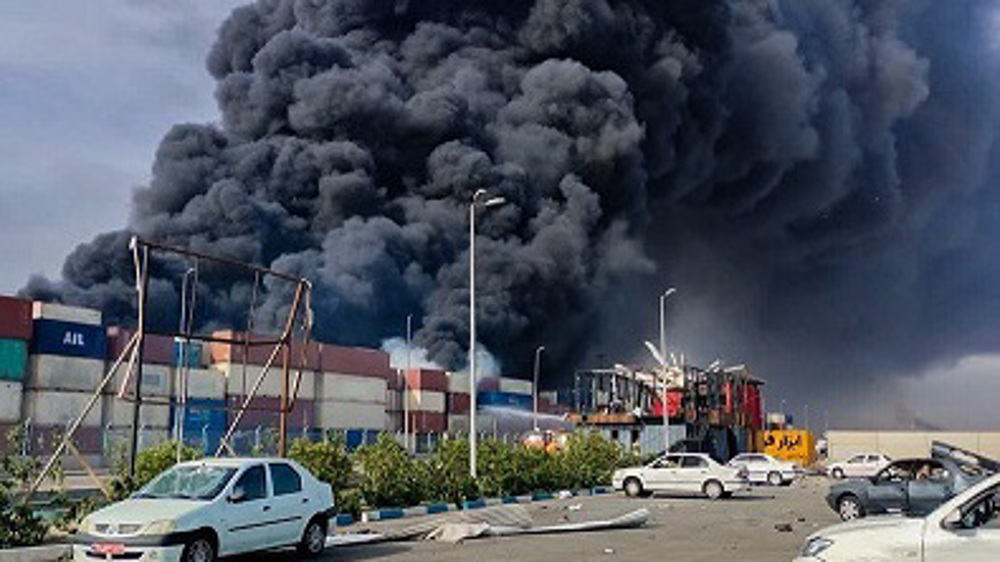
Global reactions, offers of assistance pour in after huge deadly explosion in S Iran
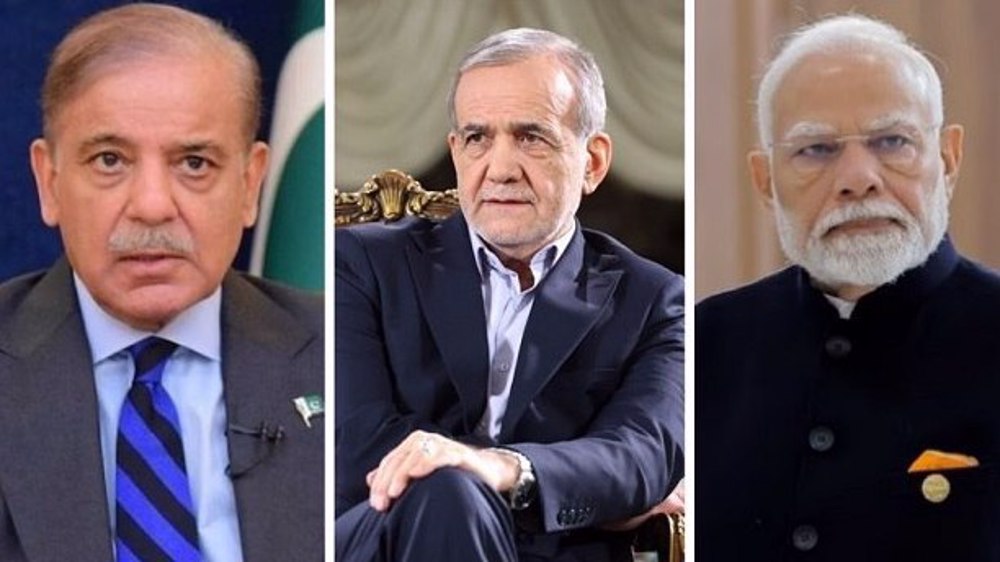
Iran pres. stresses collective, effective fight against terrorism in calls with India, Pakistan PMs
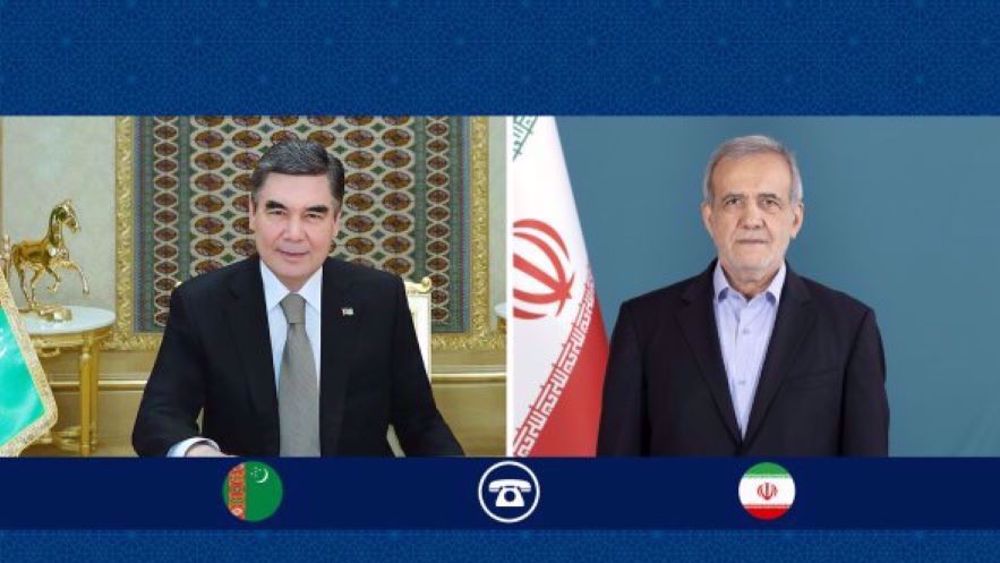
Iran supports any measure to strengthen peace, tranquility: Pezeshkian
Israeli settlers cut water supply to Palestinians in West Bank
VIDEO | Austria protests mourn Gaza deaths
Ex-spy chief urges ‘revolt’ against Israeli regime; says Tel Aviv must be ‘stopped’
VIDEO | Press TV's news headlines
VIDEO | Paris hosts ‘end famine’ rally in support of Gaza
Global reactions, offers of assistance pour in after huge deadly explosion in S Iran
Iran pres. stresses collective, effective fight against terrorism in calls with India, Pakistan PMs
VIDEO | Iran-US indirect talks


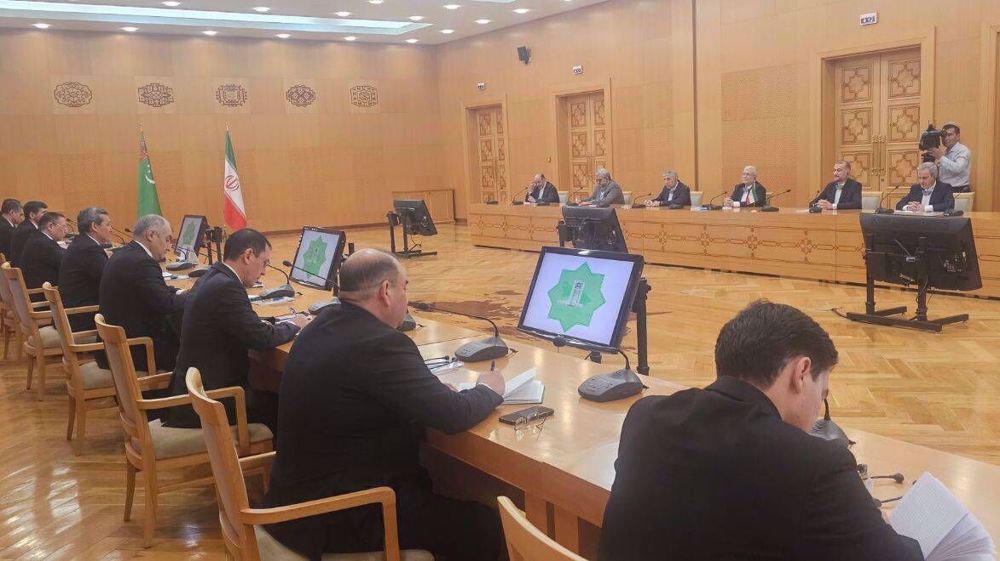
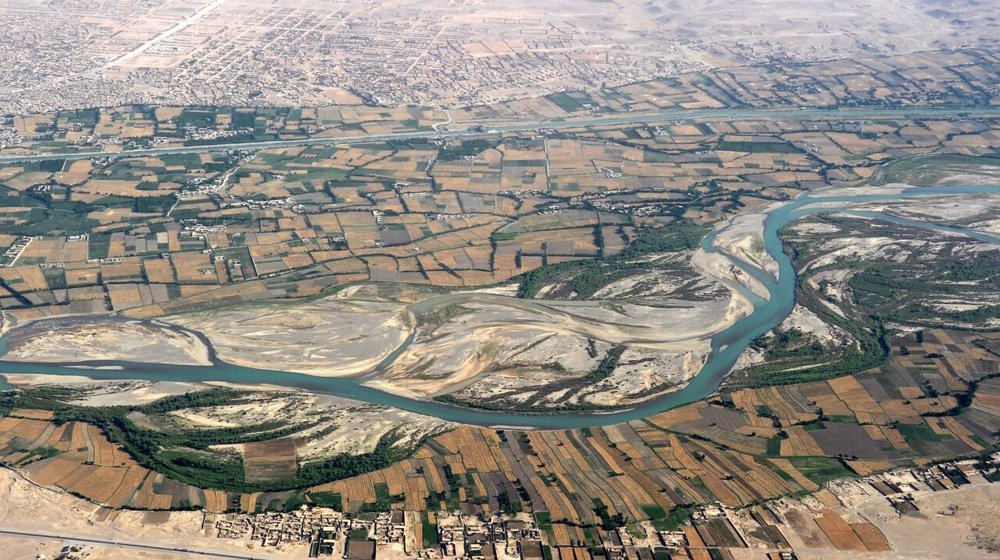




 This makes it easy to access the Press TV website
This makes it easy to access the Press TV website